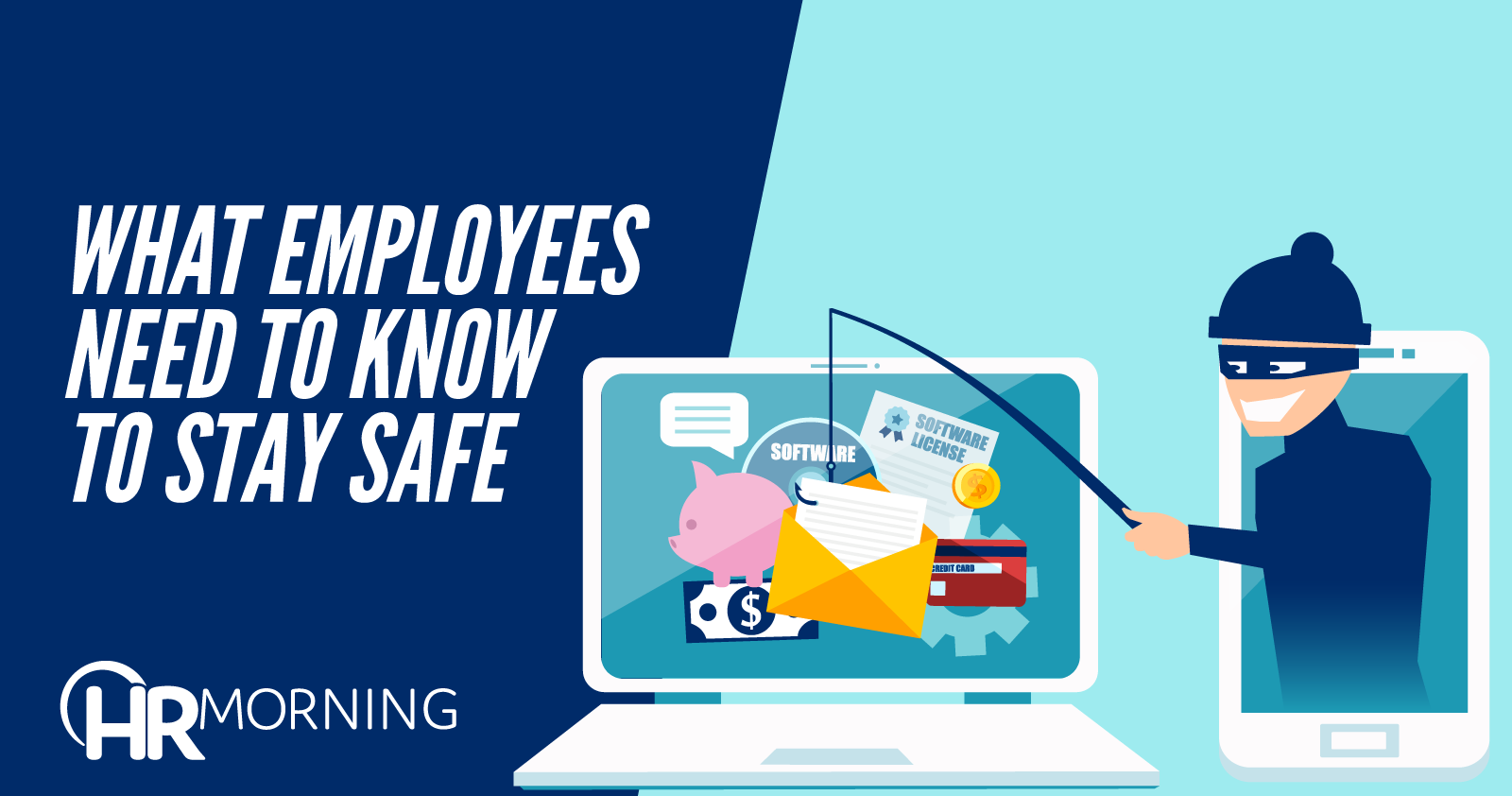It’s that time of the year! You know what we’re talking about … tax season. And you know what that means … a hoard of low-down, no-good, dirty, rotten scam artists will be coming out of the woodwork to trick your employees out of their personal and financial information. That’s why the IRS issued a warning of the top scams these thieves will use. Share it and create awareness among your people.
COVID-19 texts
Warn employees they can expect an uptick in text message scams. And there’s a good chance those texts will reference COVID-19. They could also contain links claiming to be IRS websites or other online tools.
Emphasize to employees that the IRS doesn’t use text messages to discuss personal tax issues, bills or refunds! The agency only uses IRS Secure Access. In addition, the IRS won’t send them messages via social media platforms.
If they get one of these messages, advise them to take a screen shot of the message and email it to phishing@irs.gov with the date/time/time zone they got the message and the phone number that received the message.
And finally, remind them to never click on links or open attachments that are unsolicited text messages from any local, state or federal tax agency.
Email phishing scams
Employees need to know the IRS will never initiate contact with them by email to request personal or financial info. If the IRS needs personal info, it’ll initiate most contact through regular USPS hand-delivered snail mail.
If, however, they do receive unsolicited email that looks like it’s from the IRS or a program linked to the IRS, it’s fraud and they should report it. Have them send the email as an attachment to phishing@irs.gov. If they go to Report Phishing and Online Scams at IRS.gov and click on “What to do if you receive a suspicious IRS-related email,” they’ll get detailed instructions.
Phone scams
The IRS isn’t the local collections company. Again, inform employees they’ll never get a pre-recorded, urgent or threatening message from the IRS.
According to the agency, phone scammers often leave a message that says the taxpayer will be arrested if they don’t call back. These clever thieves can also make it appear that they’re calling from the IRS office or other local law enforcement office or anywhere in the U.S.
If they do get one of these calls, never ever give out their personal or financial info via the phone and hang up immediately.
Important facts to know about the IRS. The agency will never:
- ask for a payment via the phone and does not use prepaid debit cards, gift cards or wire transfers for tax payments
- bring in local law enforcement to arrest a taxpayer
- demand payment without giving taxpayers the chance to question or appeal, and
- request credit or debit card info via the phone.
You can also share with employees that if they do owe the IRS, they’ll get a bill in the mail requesting payment be made by check to “U.S. Treasury” and no one else. The IRS doesn’t use third parties.
To report a call:
- contact the Treasury Inspector General for Tax Administration at IRS Impersonation Scam Reporting
- send the caller ID and/or callback number to phishing@irs.gov with the subject line “IRS Phone Scam,” and
- report it to the Federal Trade Commission on FTC.gov and add “IRS Telephone Scam” in the notes.
If an employee is unsure if they owe taxes, have them:
- view their tax account information online at IRS.gov to see what they owe
- call the number on the billing notice, or
- call the IRS at 800-829-1040.
Unemployment fraud
Unemployment fraud is also big this year, but as your employees are employed, you won’t need to worry about this.
However, your employees’ significant others may be unemployed, which can affect your people if they’re stressed about their change in household finances.
Just warn them to watch out for unemployment claims or other benefit payments they didn’t apply for. There’s been a huge surge in fraudulent unemployment claims using stolen identities.
For details on how to report fraud to state workforce agencies, go to the U.S. Department of Labor’s DOL.gov/fraud page.


